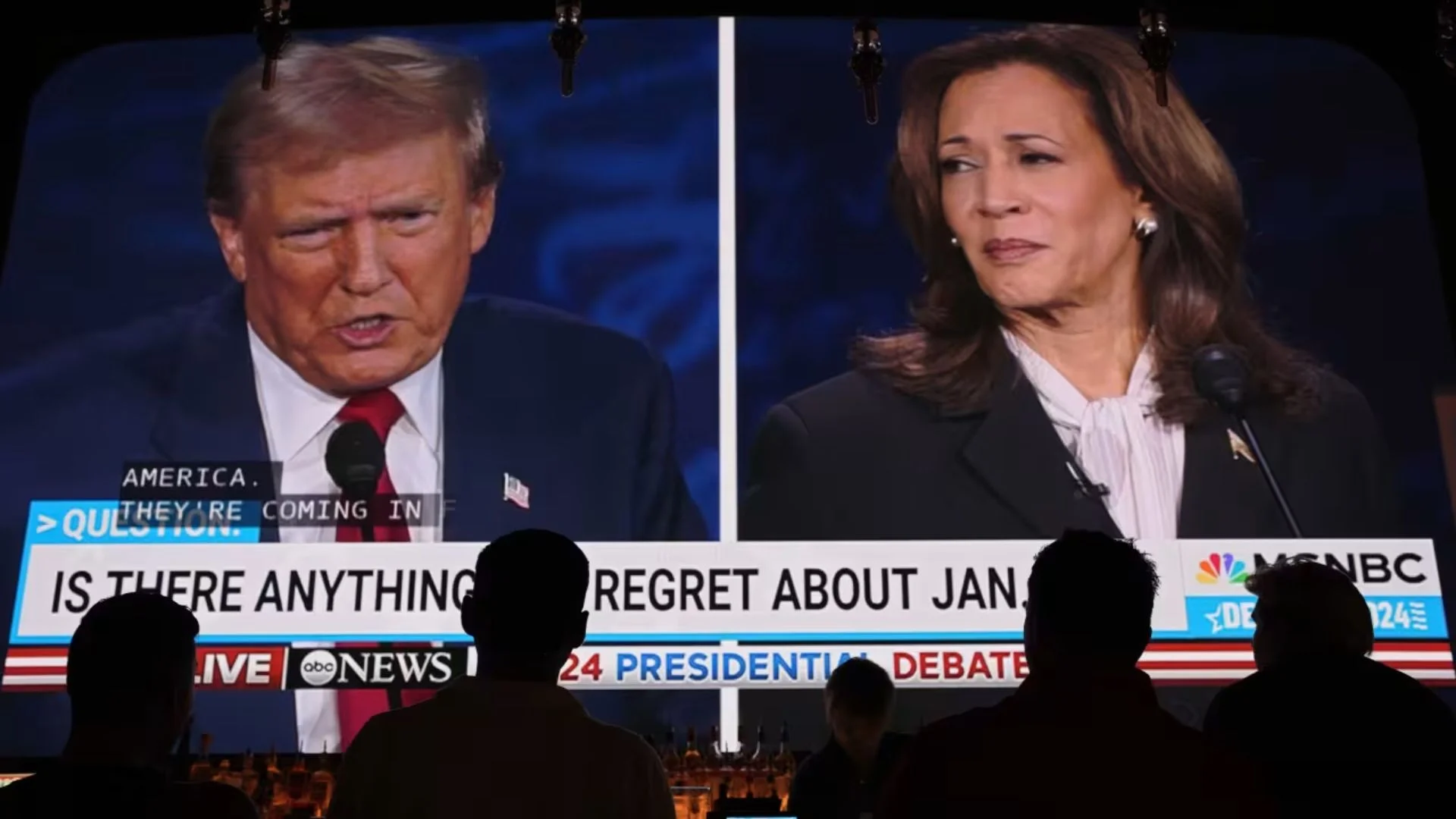Christophe Barraud, recognized as the world’s most accurate economist, is shifting his focus to the upcoming 2024 US presidential election and its potential economic ramifications. He anticipates that economic growth may accelerate once the election results are finalized, allowing businesses to move past uncertainties and resume decision-making.
Barraud, who has a solid history of accurate forecasting, cautions about possible challenges, particularly if former President Donald Trump’s proposed tax cuts contribute to escalating deficits. His analysis leads to the most pressing question of the moment: Will it be Trump or Vice President Kamala Harris in the White House?
Presenting three potential scenarios to Business Insider, Barraud elaborates on the economic consequences following the election outcomes.
In the first scenario, should Vice President Harris win while Congress remains divided, he predicts minimal economic changes. Harris, currently a part of President Joe Biden’s administration, is expected to continue strengthening existing policies, resulting in stability rather than significant shifts.
The second scenario involves a Trump victory with a divided Congress. In this case, Barraud believes Trump would struggle to implement substantial tax cuts for businesses and individuals. Instead, he might pivot his focus toward foreign policy, possibly imposing stricter trade restrictions and tariffs, which could negatively impact global growth. While the immediate effects might stabilize US GDP, longer-term consequences could arise as other countries retaliate.
The third scenario, which Barraud considers most likely, envisions a Trump win with a Republican majority in Congress. Under this situation, Trump might pursue tax cuts for individuals and corporations, prioritizing domestic issues. Barraud suggests this could spur faster economic growth, with GDP projected to increase between 2.1% and 2.3% in 2025.
Barraud also shared insights from his high-profile clients in the tech sector, including major banks and hedge funds, expressing their concerns regarding the growing US deficit, particularly if Trump enacts tax cuts. Currently, many corporations are delaying significant decisions due to uncertainty about the tightly contested election results, which could further affect economic growth.
While Barraud remains optimistic about a robust GDP recovery, he addresses the potential ramifications of a Trump presidency on government revenue. He warns that tax cuts could worsen the deficit, raising questions about the impact on the 10-year Treasury yield.
Barraud projects that if Trump is elected, the yield on the 10-year Treasury bond may rise to at least 4.5%, an increase from the current 4.23%. Should Trump fail to gain enough support in Congress, the yield might edge up to 4.35%. However, a strong Republican performance could push it to as high as 5%. Such increases are anticipated as investors seek higher returns to compensate for perceived risks, particularly if stricter immigration policies are implemented during a robust job market, potentially fueling inflation.







